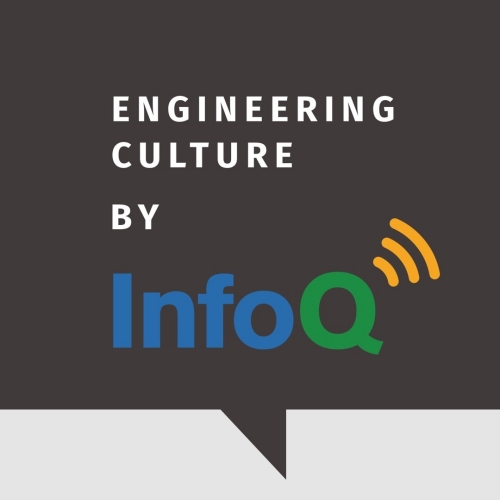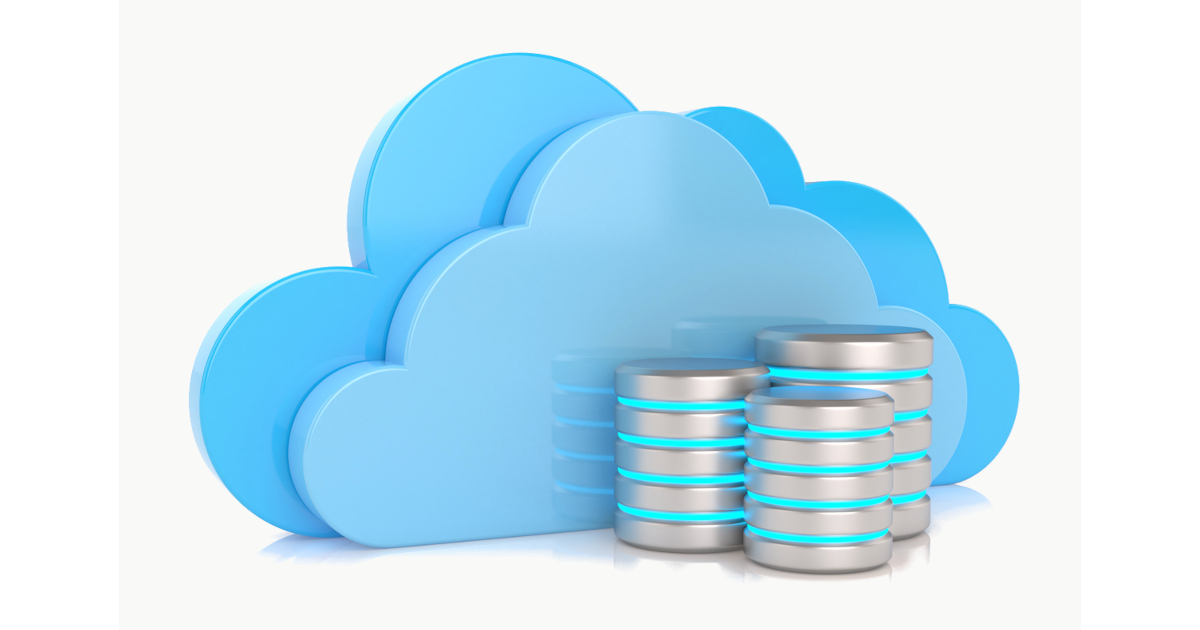Codetown
Codetown ::: a software developer's community
What's the difference between Grid computing and Cloud Computing
I don't clearly catch the difference betwenn these two concept. Someone told me that the essential différence is that the cloud computing give you a large space of storage and the grig give more advantages than storage, we can profit to much power with this last.
Does any one know more clearly these two concept; and tell us?
Tags:
Replies to This Discussion
-
Permalink Reply by Thomas Michaud on October 26, 2011 at 3:38pm
-
I don't claim to be the expert, but the difference is (I think) in use.
Grid represents a scalable framework. You write your algorithm and your code and use as much computing power as you wallet can afford. (Useful as some work can be highly parallelizable) .
Cloud computing offers storage (true) but it's also represents the applications as well. Ideally with cloud computing, you don't need to have certain applications on your desktop - as long as you can hit the cloud, you can get, update, and use your data.
-
-
Permalink Reply by Hervé-greg MOKWABO on October 26, 2011 at 3:49pm
-
Thanks thomas;
What I got :
Grid - much computing power and can be highly parallelizable
Cloud - Storage and dont need to have certain applications on your desktop ( that's just like server application?)
Someone can tell us more?
-
-
Permalink Reply by Bradlee Sargent on October 27, 2011 at 10:58pm
-
I think if you look at the history, you will understand some difference.
In my own experience, the grid began with Oracle using it as a type of metadatabase, which would point to multiple databases residing on different but uniform hardware systems. So if a company had multiple unix boxes and needed to increase the size of their database, instead of purchasing additional hardware they could implement the grid database and combine their multiple unix servers into one database resource.
Cloud is much more in terms of it offering not only a database, but also an entire server including the operating system.
The cloud exposes an operating system, whereas a grid exposes a database.
But I am no buzz word expert so I might be wrong.
-
-
Permalink Reply by Jackie Gleason on October 28, 2011 at 10:17am
-
I just talked to a buddy about this, essentially the Oracle Grid product is differant because it runs the DB in memory. So access times are a lot quicker. I don't think it is really a matter of Vs. so much as Grid computing is a way to handle db transactions in a faster way.
He said their grid servers had something like 72gbs of ram. Freaking crazy
-
-
Permalink Reply by Hervé-greg MOKWABO on November 29, 2011 at 10:33am
-
Please Bradley, wha do you think about Jackie's reaction?
-
Notes
Welcome to Codetown!
 Codetown is a social network. It's got blogs, forums, groups, personal pages and more! You might think of Codetown as a funky camper van with lots of compartments for your stuff and a great multimedia system, too! Best of all, Codetown has room for all of your friends.
Codetown is a social network. It's got blogs, forums, groups, personal pages and more! You might think of Codetown as a funky camper van with lots of compartments for your stuff and a great multimedia system, too! Best of all, Codetown has room for all of your friends.
Created by Michael Levin Dec 18, 2008 at 6:56pm. Last updated by Michael Levin May 4, 2018.
Looking for Jobs or Staff?
Check out the Codetown Jobs group.
InfoQ Reading List
Podcast: Culture Through Tension: Leading Interdisciplinary Teams with Nick Gillian

In this podcast, Shane Hastie, Lead Editor for Culture & Methods, spoke to Nick Gillian about building cross-functional teams for physical AI innovation, growing engineering culture through positive tensions, and navigating the journey from technical execution to organizational influence.
By Nick GillianOpen Payment Standard x402 Expands Capabilities in Major Upgrade

After six months of real-world usage, the open payment standard x402 has received a major update, extending the protocol beyond single-request, exact-amount payments. The release adds support for wallet-based identity, automatic API discovery, dynamic payment recipients, expanded multi-chain and fiat support via CAIP standards, and a fully modular SDK for custom networks and payment schemes.
By Sergio De SimoneEuropean Initiative for Data Sovereignty Released a Trust Framework

The Danube release of the Gaia-X trust framework provides mechanisms for the automation of compliance and supports interoperability across sectors and geographies to ensure trusted data transactions and service interactions. The Gaia-X Summit 2025 hosted facilitated discussions on AI and data sovereignty, and presented data space solutions that support innovation across Europe and beyond.
By Ben LindersAWS Launches European Sovereign Cloud amid Questions about U.S. Legal Jurisdiction

AWS has launched its European Sovereign Cloud with a €7.8 billion investment, designed to meet EU regulatory demands and address data privacy concerns amid geopolitical tensions. Despite its operational separation from global regions, questions linger about legal protections against U.S. data access. Competitors like Microsoft and local providers may present stronger sovereignty options.
By Steef-Jan WiggersPresentation: How to Unlock Insights and Enable Discovery Within Petabytes of Autonomous Driving Data

Kyra Mozley discusses the evolution of autonomous vehicle perception, moving beyond expensive manual labeling to an embedding-first architecture. She explains how to leverage foundation models like CLIP and SAM for auto-labeling, RAG-inspired search, and few-shot adapters. This talk provides engineering leaders a blueprint for building modular, scalable vision systems that thrive on edge cases.
By Kyra Mozley
© 2026 Created by Michael Levin.
Powered by
![]()